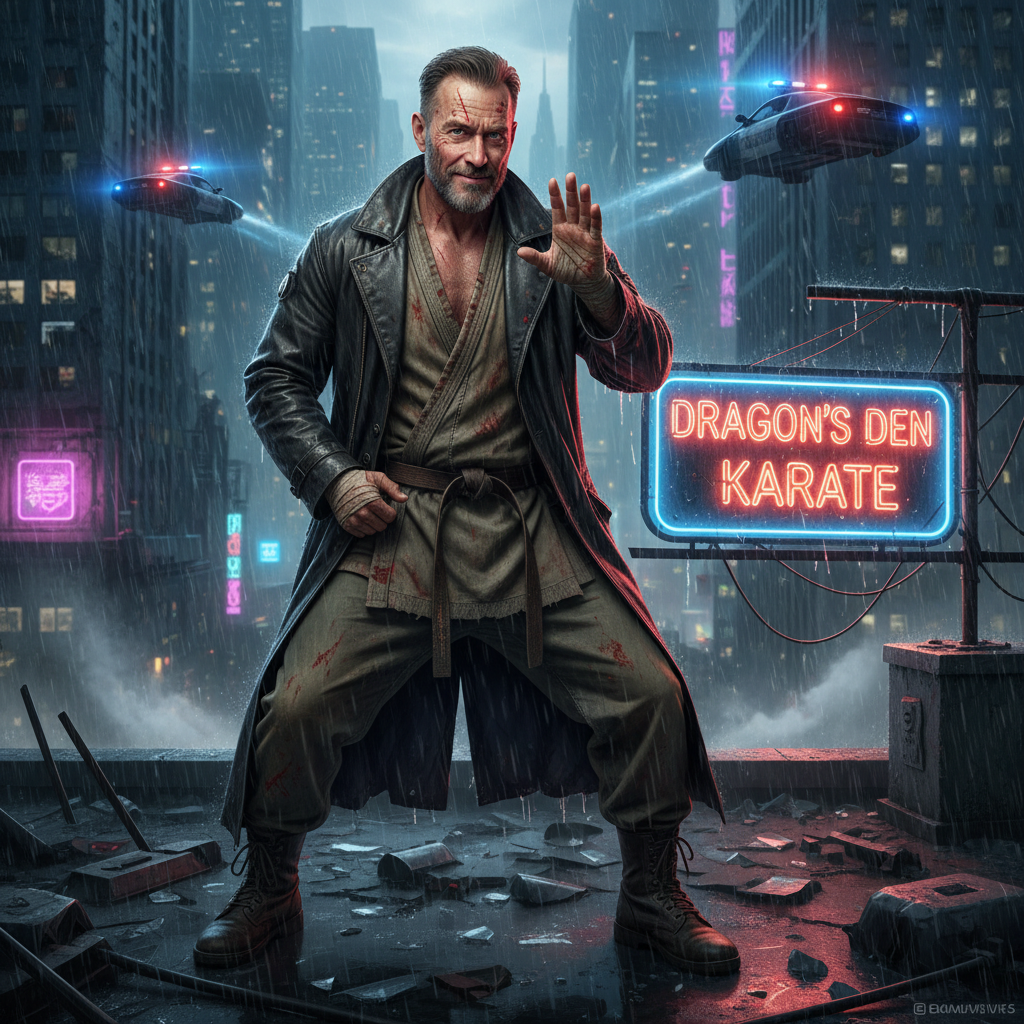
- calendar_today September 3, 2025
Wait—A Computer Wrote That?
Picture this: You just finished a thriller that had you white-knuckling your phone at 2 a.m., heart racing. You flip back to the cover, ready to follow the author on Instagram… and then you find out a good chunk of that story was written by artificial intelligence.
That’s not science fiction anymore. That’s the American book scene in 2025.
Books like Death of an Author—a sleek, twisty novella created mostly by AI with guidance from writer Stephen Marche—are popping up everywhere. And here’s the wild part: readers are loving them. Not ironically. Not out of curiosity. Genuinely loving them.
AI Is Sliding Into the Writer’s Room
Across the U.S., from quiet New England towns to the buzzing coffee shops of Los Angeles, authors are quietly working with AI tools like ChatGPT, Claude, Jasper, and Sudowrite. Some are using them to brainstorm plot ideas. Others, to flesh out dialogue. A few? They’re letting AI write entire chapters.
Jennifer Lepp, who writes cozy mysteries under the pen name Leanne Leeds, openly uses Sudowrite to help her keep up with a demanding publishing schedule. “It doesn’t write for me,” she says. “It writes with me.” Then there’s Paul Bellow, a LitRPG author and coder, who built his own AI engine to help develop game-based narratives that hook readers and keep them coming back for more.
It’s not a gimmick. It’s a shift. A quiet one. But it’s happening.
Writers Have Feelings About It—All of Them
Some American authors are cautiously optimistic. Others? Deeply unsettled. And honestly, both reactions make sense.
Writing has always been personal. It’s messy, emotional, stubborn work. The idea that a machine can replicate that—well, it’s exciting for some and a gut punch for others.
Holly Craig, a suspense author, found herself somewhere in the middle. She used AI to map out plot beats for The Hidden Truth, then rewrote the story in her own words. “It gave me the bones,” she says, “but the heart? That was mine.”
These Stories Are Hitting a Nerve
Here’s the part that’s hard to ignore: the stories are working. AI-assisted novels, especially in romance and thrillers, are doing more than okay. They’re going viral. They’re topping charts.
On TikTok, a spicy AI-generated romance sparked the hashtag #BotBanger. One woman joked that she fell in love with a fictional man… only to learn he was created by code. “I’ve never felt so emotionally bamboozled in my life,” she wrote. “And I’m not even mad about it.”
People care about characters. People care about feelings. If AI can deliver those things—if it can make you cry in the grocery store parking lot while you listen to a book on Audible—does it really matter where it came from?
But the Legal Side? That’s a Whole Other Story
America’s copyright laws weren’t exactly built for robots. Right now, if a book is written entirely by AI, it technically can’t be copyrighted. That means it’s basically ownerless—free for anyone to copy, remix, or claim.
That’s why most smart authors make sure they’re still in the driver’s seat. They revise. They edit. They shape the tone. And that human touch? It still matters—both emotionally and legally.
The big publishers are watching, but it’s the indie authors who are diving in headfirst. They’re not waiting for permission. They’re experimenting. And sometimes, they’re making magic.
A New Kind of American Author
This doesn’t mean writers are being replaced. It means the definition of “writer” is expanding.
AI isn’t some cold robot hunched over a keyboard. It’s a tool—one that, in the right hands, helps unlock new voices and new stories. In a country as big and varied as the U.S., where storytelling is part of the cultural fabric, that feels… kind of right.
So, the next time a book keeps you up past midnight, just know—it might have been written by a person, a program, or a little bit of both. And maybe that’s the future of American fiction. Unexpected. Collaborative. And still just as good.









